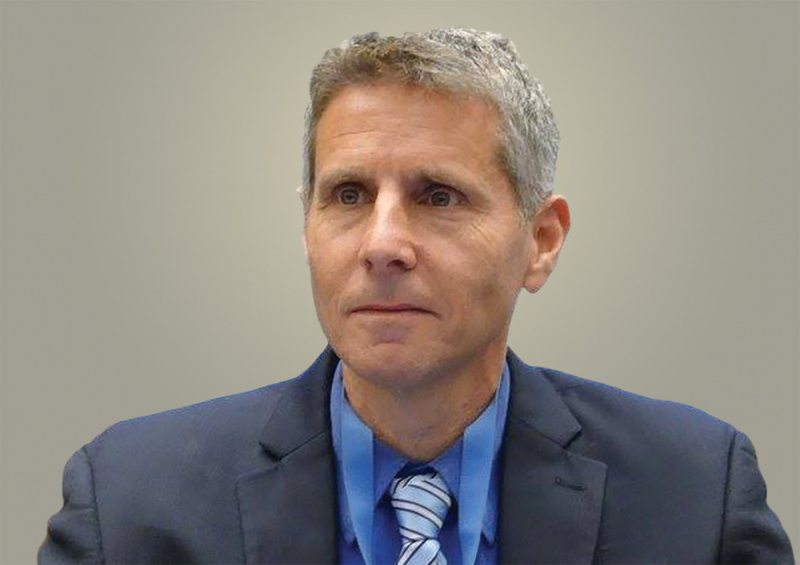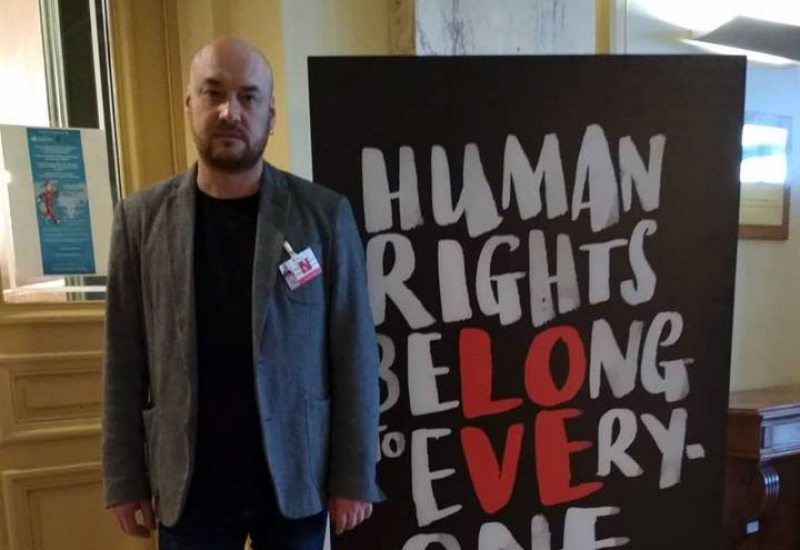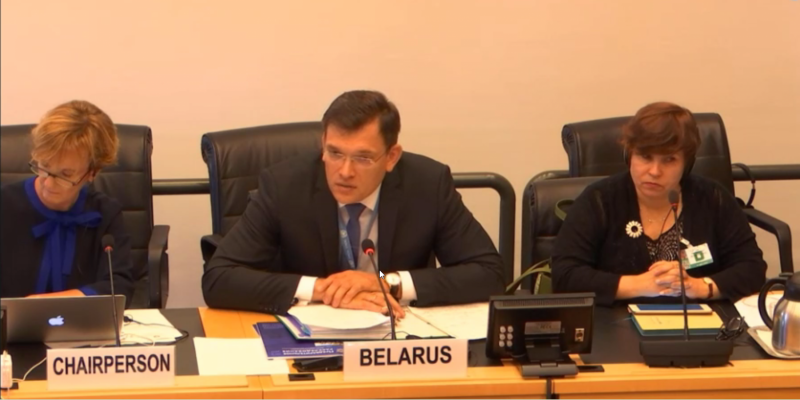Belarus defies UN Human Rights Committee in Geneva report
The government of Belarus continues to refrain from cooperating with the UN Human Rights Committee, the Committee’s president Yuval Shany said during the presentation of the country’s first report in 20 years.
According to Mr. Shany, there were cases when the government refused to provide information requested by the Committee.
Mr. Christof Heyns, former Special Rapporteur on extrajudicial, summary or arbitrary executions, stressed that Belarus ignored numerous recommendations and requests by the UN body, in particular interim measures in death penalty cases.
During the Q&A session in Geneva, the South African expert twice asked the official delegation about death convict Aliaksei Mikhalenia, who was executed despite the Committee’s bid to stay execution. However, this, and many other questions, were in fact ignored by Belarus’s envoys.
“Now we have information that he was executed in secret. And this is an example of our cooperation,” he said.
Viasna’s representative Valiantsin Stefanovich, who attended the 124th session of the Committee, said that the Belarusian delegation avoided answering many questions posed by the Committee, arguing at the same time that national law prevails over international law.
“It was clear that the government is not going to implement many important recommendations and decisions of the UN HRC, viewing them as non-binding and optional. The same applies to the special procedures of the Committee, and many of the provisions of the Covenant on Civil and Political Rights, which was ratified by the State, including the Optional Protocol,” Stefanovich said.
Another Belarusian human rights defender Volha Smalianka, director of the Legal Transformation Center, wrote in her Facebook account that the “Belarusian delegation defied the HRC. In short: our national right is to have our own views on how to apply the procedures under the International Covenant on Civil and Political Rights.”
The official stance of Belarus was voiced by the country’s envoy to the UN Yury Ambrazevich.
“We ask not to use in your statements “statement wording” that claim the presence in the Republic of Belarus of: political prisoners, the facts of forced psychiatric treatment, facts of pre-emptive arbitrary detention, evidence of forced labor, the use of disproportionate force during public events. It’s all relative personal evaluation,” he said.
Belarus, as a party to the International Covenant on Civil and Political Rights, is obliged to periodically submit reports to the UN on the implementation of the Covenant. Despite this, the government last reported more than 20 years ago. This year, the Belarusian authorities finally presented their report at the 124th session of the UN Human Rights Committee from 8 to 9 October.
Representatives of the Belarusian civil society prepared an alternative report, which provides answers to the same set of questions.
In their report, the HRDs outlined key ears of concern in terms of Belarus’s obligations under the Covenant, in particular failure to properly investigate cases of forced disappearances, continued application of the death penalty, police-related torture reports, forced labor, lack of independence of defense lawyers, repressive legislation governing the activities of the media, NGOs and organization of peaceful assemblies.
 @bajmedia
@bajmedia



